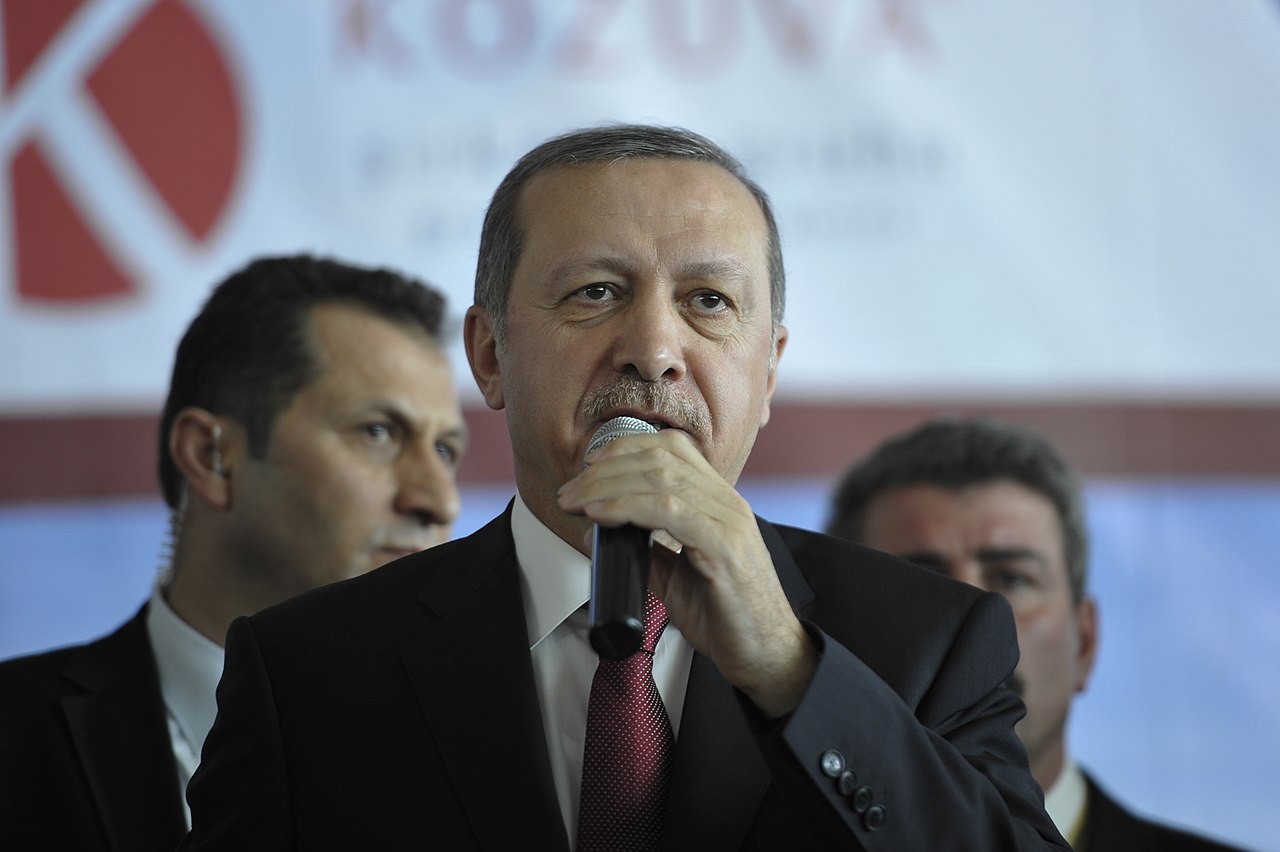ANKARA (Parliament Politics Magazine) – Turkish president, Recep Tayyip Erdogan, threatened military action and warned that Greece would pay a “heavy price” if it persisted in harassing Turkish fighter jets over the Aegean.
Long-standing maritime and aerial boundary disputes between the two uneasy NATO neighbours result in almost daily air force patrols and interceptions, primarily in the area of Greek islands close to Turkey’s coast.
“Hey Greece, take a look at history. If you go further, you will pay a heavy price,” Erdogan warned the crowd during a rally on Saturday in Samsun, a city on the Black Sea.
Historic rivals Greece and Turkey have been in conflict over matters of overflights, the status of the Aegean islands, maritime boundaries, the 1974 division of Cyprus and hydrocarbon resources in the Mediterranean.
Recent months have seen Turkey voice complaints about what it sees as provocative acts by Athens, claiming that such activities hinder peace efforts.
In one such instance, Ankara claimed last weekend that Greece had engaged in “hostile action” by using an air defence system made in Russia to harass Turkish jets that were conducting a reconnaissance mission.
Erdogan said in his speech that Greece was trying to threaten them with S-300s.
The allegations have been rejected by Athens, which frequently holds Ankara accountable for overflying Greek islands.
“Don’t forget Izmir”
An enraged Erdogan alleged that Greece was “occupying” demilitarised islands in the Aegean Sea.
Erdogan added, referring to the end of the Greek occupation after Turkish soldiers entered the city on the Aegean coast in 1922, they had only one thing to advise Greece: do not forget Izmir [Smyrna in Greek].
Erdogan added, their occupation of the islands did not bind the Turks.
Turkey had recently laid allegations on Greece of arming the Aegean islands that are demilitarised. The allegations were rejected by Athens. However, Erdogan had not previously accused Greece of occupying the islands.
Greek sovereignty over the islands would be contested, according to Turkish Foreign Minister Mevlut Cavusoglu, if Athens continued to send troops there.
With over 2,000 islands, most of them Greek, the Aegean Sea has a complicated geography.
In the 1990s, a dispute over two tiny uninhabited islets collectively known as Imia in Greek and Kardak in Turkish brought the two nations dangerously close to war.
After charging Greek Prime Minister Kyriakos Mitsotakis with lobbying against US weapons sales to his nation, Erdogan ceased communication with Greece.
For him, Mitsotakis “no longer exists,” he raged in May.
Turkey and Greece are also looking for US weapons.
Greece formally requested F-35 fighter fighters built in the US in June.
Turkey is in talks to buy F-16 aircraft after Washington expelled Ankara from the F-35 programme for receiving a sophisticated Russian missile defence system in 2019.






